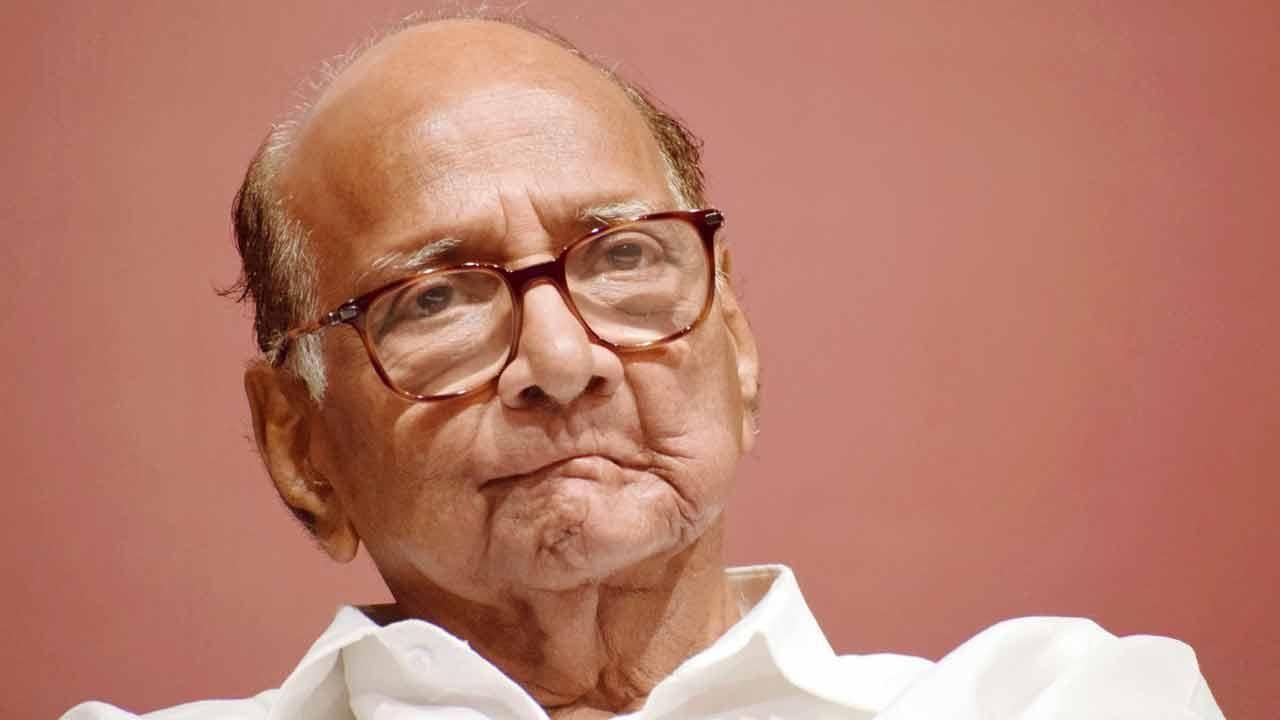Home / News / India News / Article /
'The Kashmir Files': VP Singh govt was in power, not Congress, says Pawar
Updated On: 20 March, 2022 10:18 PM IST | Pune | PTI
Claiming that some members of BJP were supporting the then VP Singh government, Pawar said Mufti Mohammad Sayeed became Union home minister (from December 1989 to November 1990) with the help of BJP
Listen to this article :

Sharad Pawar. File Pic
NCP chief Sharad Pawar on Sunday said the VP Singh-led government was in power in the country and not Congress as being portrayed in Bollywood movie 'The Kashmir Files', based on the exodus of Kashmiri Pandits from the Valley.
Claiming that some members of BJP were supporting the then VP Singh government, Pawar said Mufti Mohammad Sayeed became Union home minister (from December 1989 to November 1990) with the help of BJP.
Read Next Story



